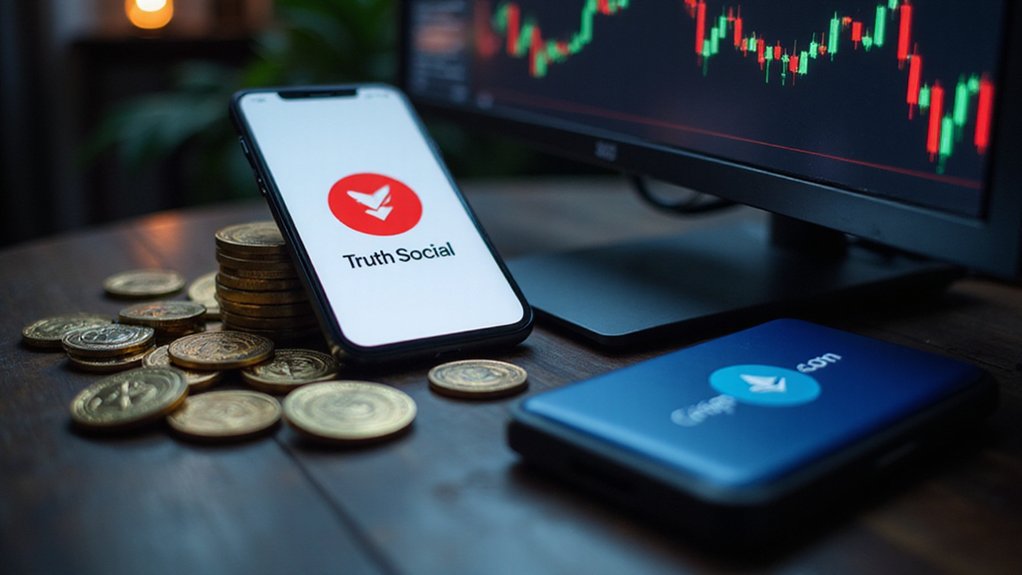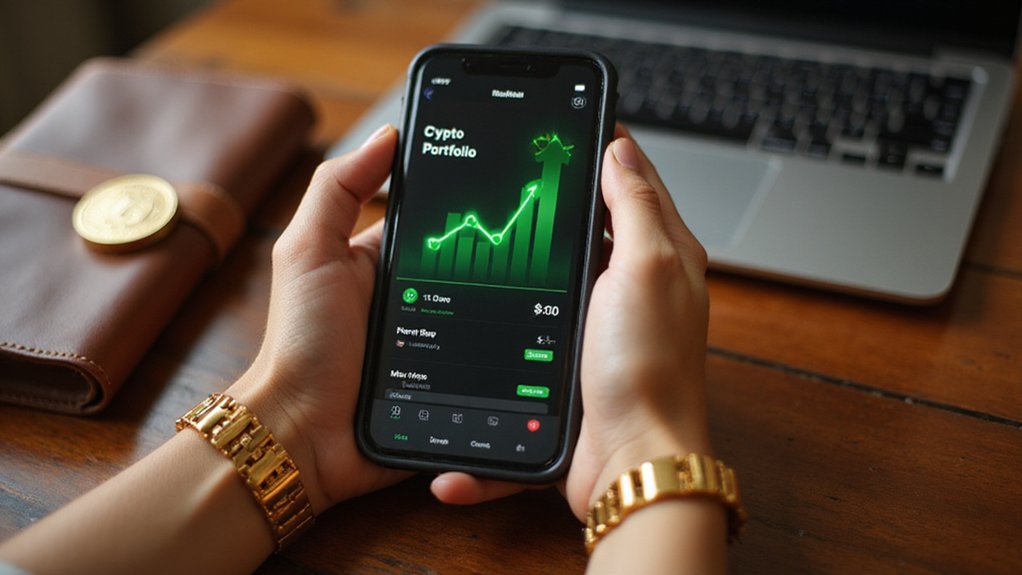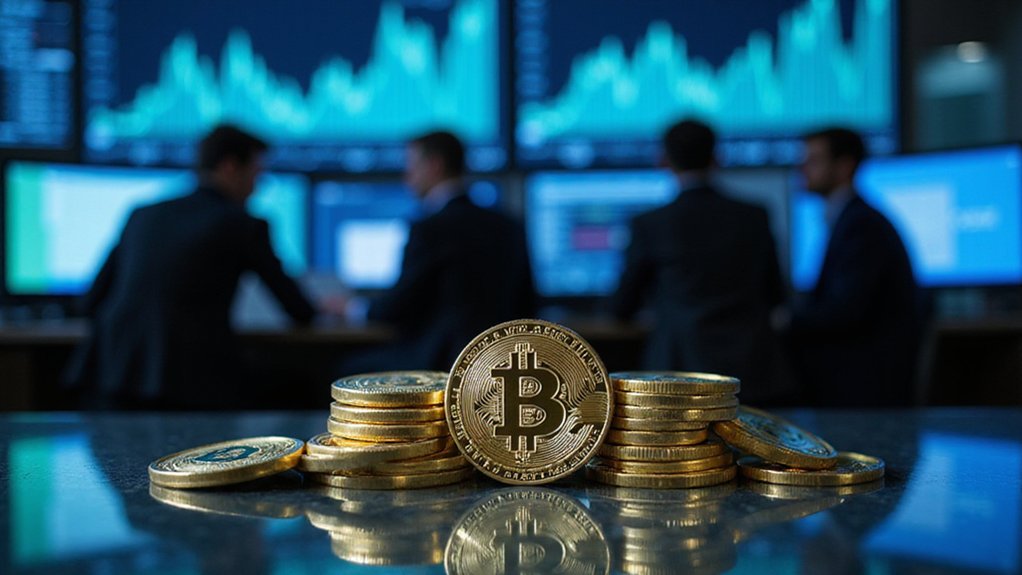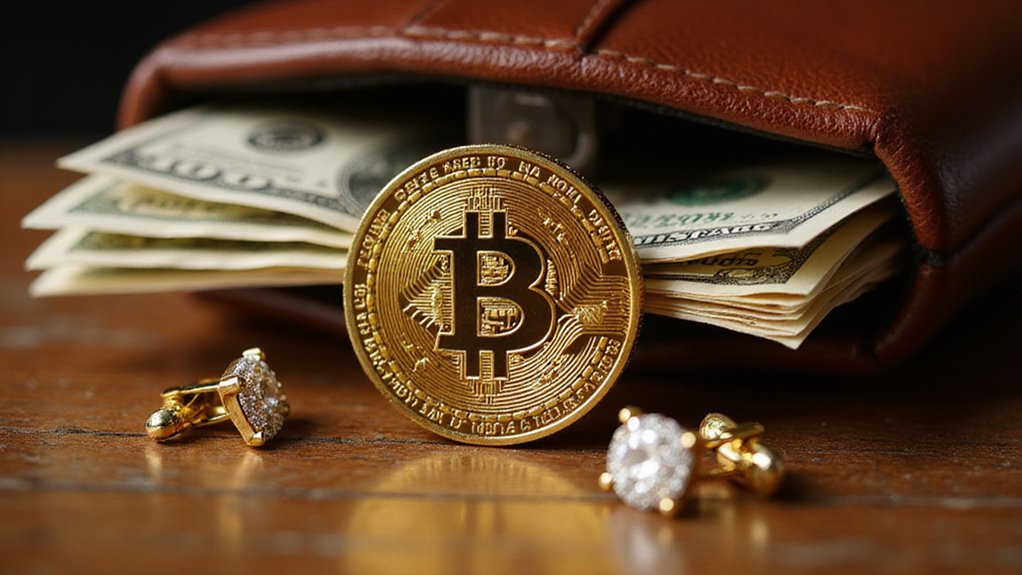In a remarkable financial metamorphosis that would have seemed improbable just years ago, the Trump family has emerged as an unexpected powerhouse in the cryptocurrency landscape.
Their net worth has surged by $2.9 billion in a mere six months—a quantum leap attributable to strategic crypto investments including the launch of meme coins $TRUMP and $MELANIA, which have proven surprisingly resilient in a notoriously volatile market.
The family’s substantial stake in World Liberty Financial, a crypto exchange bearing the unmistakable Trump imprimatur, has attracted significant international capital, most particularly a planned $2 billion investment from MGX, an Emirati firm based in Abu Dhabi. The Trump family entity maintains 60% ownership stake in World Liberty Financial, giving them majority control over the company’s direction and decisions.
This influx of foreign capital has raised eyebrows among ethics watchdogs, who question the propriety of such entanglements while Trump occupies the Oval Office.
The administration’s crypto enthusiasm extends beyond personal portfolios to policy.
The White House has transformed crypto from a personal fascination into the cornerstone of economic policy under Trump.
Trump’s executive order establishing a Strategic Bitcoin Reserve—comprising assets seized through civil and criminal proceedings—represents an unprecedented governmental embrace of digital assets. The limited fixed supply of Bitcoin, capped at 21 million coins, enhances its positioning as “digital gold” in the administration’s strategy.
The Treasury’s mandate to manage this reserve through dollar-cost averaging, while prohibiting sales, effectively transforms federal policy into a hodl strategy¹.
Beyond Bitcoin, the U.S. Digital Asset Stockpile encompasses a variety of tokens—ether, ripple, solana, cardano—creating what critics characterize as government-sanctioned market favoritism.
This portfolio approach has fueled accusations that the administration is effectively picking winners in the crypto race.
The regulatory landscape reflects this tension between innovation and oversight.
While Trump’s team promotes blockchain businesses as economic catalysts, they must navigate a labyrinthine regulatory framework spanning state and federal jurisdictions. The administration has particularly emphasized the Proof-of-Work consensus mechanism that powers Bitcoin as a transparent and secure method for validating transactions.
Congressional efforts at bipartisan stablecoin legislation have stalled amid partisan rancor.
Despite mounting concerns about conflicts of interest and the limited enforcement powers of the Office of Government Ethics, Trump has doubled down on crypto as an economic growth strategy.
A White House crypto summit underscored this commitment, positioning digital assets as central to America’s technological leadership—even as questions persist about where national interests end and family fortunes begin.
¹Long-term holding regardless of market fluctuations.









